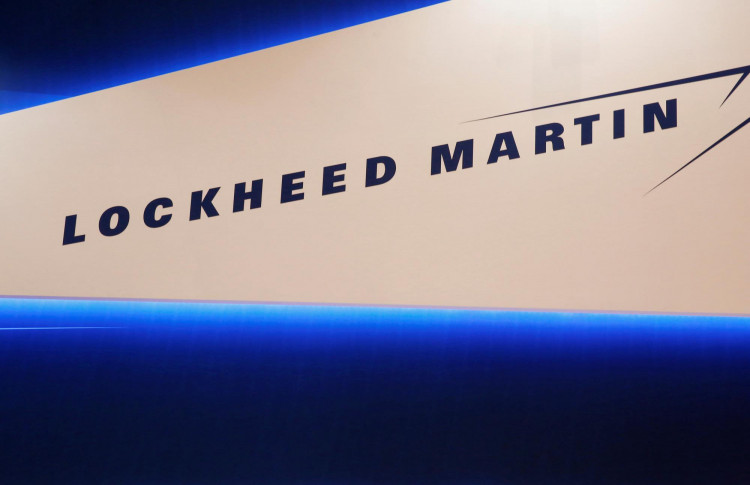Lockheed Martin announced on Sunday that it has abandoned plans to acquire Aerojet Rocketdyne Holdings following the filing of antitrust charges against the proposed $4.4 billion acquisition last month.
In late January, the US Federal Trade Commission filed to prevent the deal, claiming that it would allow Lockheed to exploit its control of Aerojet to harm other defense contractors. Raytheon Technologies, which makes missiles, was an ardent opponent of the planned acquisition.
Lockheed Martin, the world's largest defense firm in terms of revenue, intended to acquire Aerojet's expertise in developing rocket motors for its own missile and space systems.
The proposed acquisition would have resulted in "substantial cost savings and increased efficiency for the United States government," Lockheed Martin Chairman and Chief Executive Officer James Taiclet said in a statement.
"However, we determined that terminating the deal is in the best interests of our stakeholders in light of the FTC's actions," Taiclet stated.
Aerojet, which will report fourth-quarter earnings later this week, said in a separate statement that it is confident in its "future performance" despite the abandoned merger.
Lockheed previously stated that it would not pay a termination fee if the purchase fell through because of antitrust concerns.
According to the FTC, if the deal had been challenged in court, it would have been the first contested defensive merger challenge in decades.
Not only is the FTC concerned that Lockheed's acquisition of Aerojet will reduce competition in the supply chain for critical defense components, but it also raises the possibility that the supplier will have access to information that Lockheed may have reason to use unfairly following the transaction's completion.
Aerojet is also a significant supplier to the space sector, having supplied rocket engines for both United Launch Alliance's big launch vehicles and NASA's Space Launch System.
Other critics of the agreement included Democratic Sen. Elizabeth Warren, who had urged the FTC to investigate the internal firewalls Lockheed claimed it would implement to prevent it from acquiring a competitive edge over its counterparts.
Lockheed said it accounted for 33% of Aerojet's sales and maintained that the purchase would save the Pentagon and the American taxpayer money.
Aerojet rocket motors are employed in a variety of applications, ranging from the homeland defensive missile system to Stinger missiles.
Aerojet designs and manufactures liquid and solid rocket propulsion systems, air-breathing hypersonic engines, as well as electric power and propulsion systems for space, defense, civil, and commercial applications.
The Pentagon, NASA, Boeing, Lockheed Martin, Raytheon, and the ULA are among its customers.





